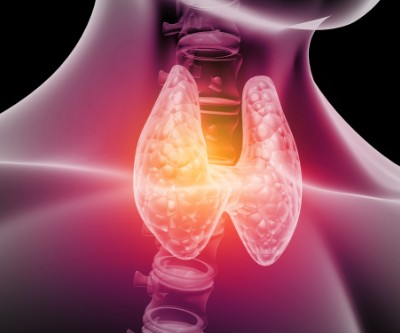
Thyroid hormone, which is important for healthy organ function, growth, and metabolism, is required during embryonic development. In the past, researchers tried using mouse models to clarify the role of thyroid hormone and thyroid receptors on early development. They created mouse models that lacked certain key genes in thyroid hormone signaling. However, it was difficult to parse out the effects on embryogenesis caused by the mutations because of potential maternal influences.
In a recent study from the Shi Lab, researchers created thyroid receptor knockouts in a frog model. This model is better because embryonic development occurs outside of the mother, and it’s already known that thyroid hormone is essential for frog metamorphosis, which mimics the neonatal period in mammals, including people. The study team found that tadpoles missing the two thyroid receptor genes that are present in all vertebrates had defects in liver development, including an inability of liver cells to proliferate, undergo normal morphological changes, and turn on genes that are essential for liver function. The researchers also identified a regulatory pathway, called Wnt signaling, that thyroid hormone stimulates to carry out its functions in the liver.
The findings not only provide insight on early development but also for patients with liver diseases and disorders. The pathways identified in the study could offer potential new avenues for treatments.
Learn more about the Cell Regulation and Development Affinity Group: https://www.nichd.nih.gov/about/org/dir/affinity-groups/CRD
 BACK TO TOP
BACK TO TOP